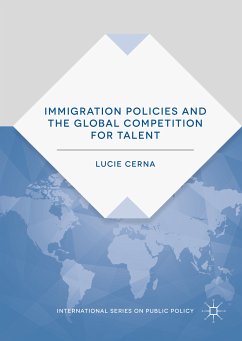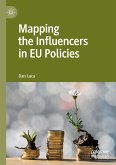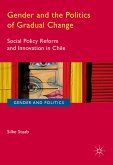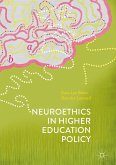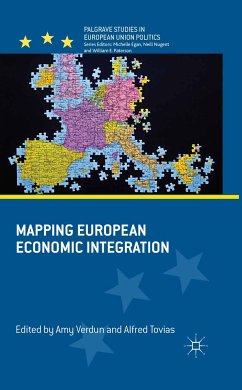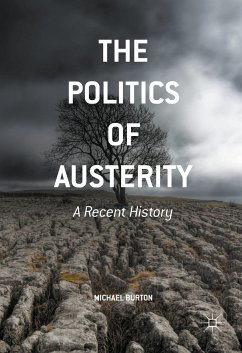'In the 21st century few factors will be more critical to economic success than human capital. Yet many societies are reluctant to open their labor markets to foreign talent and as a result they risk falling behind in the global marketplace. How can we explain the difference in openness to high skilled immigration from one country and region to another? In this fascinating book Lucie Cerna answers this question and more. It is a must-read for students, scholars and policymakers alike.' - James F. Hollifield, Professor of Political Science and Director, Tower Center, Southern Methodist University, USA
'Striking just the right balance between explanatory political science and up-to-date fact-finding, Lucie Cerna has delivered the quintessential comparative study of high-skilled immigration for years to come.'- Christian Joppke, Professor of Sociology, University of Bern, Switzerland
This book examines the variation in high-skilled immigration policies in OECD countries. These countries face economic and social pressures from slowing productivity, ageing populations and pressing labour shortages. To address these inter-related challenges, the potential of the global labour market needs to be harnessed. Countries need to intensify their efforts to attract talented people - the best and the brightest. While some are excelling in this new marketplace, others lag behind. The book explores the reasons for this, analysing the interplay between interests and institutions. It considers the key role of coalitions between labour (both high- and low-skilled) and capital. Central to the analysis is a newly constructed index of openness to high-skilled immigrants, supplemented by detailed case studies of France, Germany, Sweden, the United Kingdom and the United States. The book contributes to the literature on immigration, political economy and public policy, and appeals to academic and policy audiences.
'Striking just the right balance between explanatory political science and up-to-date fact-finding, Lucie Cerna has delivered the quintessential comparative study of high-skilled immigration for years to come.'- Christian Joppke, Professor of Sociology, University of Bern, Switzerland
This book examines the variation in high-skilled immigration policies in OECD countries. These countries face economic and social pressures from slowing productivity, ageing populations and pressing labour shortages. To address these inter-related challenges, the potential of the global labour market needs to be harnessed. Countries need to intensify their efforts to attract talented people - the best and the brightest. While some are excelling in this new marketplace, others lag behind. The book explores the reasons for this, analysing the interplay between interests and institutions. It considers the key role of coalitions between labour (both high- and low-skilled) and capital. Central to the analysis is a newly constructed index of openness to high-skilled immigrants, supplemented by detailed case studies of France, Germany, Sweden, the United Kingdom and the United States. The book contributes to the literature on immigration, political economy and public policy, and appeals to academic and policy audiences.
Dieser Download kann aus rechtlichen Gründen nur mit Rechnungsadresse in A, B, BG, CY, CZ, D, DK, EW, E, FIN, F, GR, HR, H, IRL, I, LT, L, LR, M, NL, PL, P, R, S, SLO, SK ausgeliefert werden.
"Cerna's work is a solid contribution to the growing, but fragmented, body of research on high-skilled immigration policies that have generally examined profession or country-specific developments, or issues such as gender and family formation. ... This is a refreshing approach to studying high-skilled immigration, which has long been dominated by scholars working in the field of management studies. ... it offers lessons for deepening our overall understanding of migration regulation." (Meng-Hsuan Chou, Migration Studies, Vol. 7 (1), 2019)

